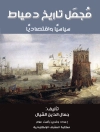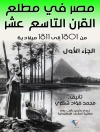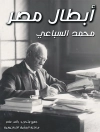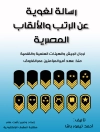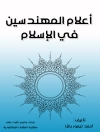This book examines trades in animals and animal products in the history of the Indian Ocean World (IOW). An international array of established and emerging scholars investigate how the roles of equines, ungulates, sub-ungulates, mollusks, and avians expand our understandings of commerce, human societies, and world systems. Focusing primarily on the period 1500-1900, they explore how animals and their products shaped the relationships between populations in the IOW and Europeans ...
Innehållsförteckning
Chapter 1. Introduction: Investigating Animals, their products, and their trades in the Indian Ocean World by Martha Chaiklin and Philip Gooding.- Chapter 2: Th...
Om författaren
Martha Chaiklin received her Ph D from Leiden University, The Netherlands. She first became interested in animals when researching her book, Cultural Commerce and Dut...


